About Us | Overview
TuHURA
Biosciences
TuHURA Biosciences, Inc. (NASDAQ: HURA) is a Phase 3 registration-stage immuno-oncology company developing novel technologies to overcome resistance to cancer immunotherapy. TuHURA’s lead innate immune response agonist candidate, IFx-2.0, is designed to overcome primary resistance to checkpoint inhibitors. TuHURA is preparing to initiate a single randomized placebo-controlled Phase 3 registration trial of IFx-2.0 administered as an adjunctive therapy to Keytruda® (pembrolizumab) in first line treatment for advanced or metastatic Merkel Cell Carcinoma.
In addition to its innate immune response agonist candidates, TuHURA is leveraging its Delta receptor technology to develop first-in-class bi-specific ADCs, and PDCs targeting Myeloid Derived Suppressor Cells to inhibit their immune suppressing effects on the tumor microenvironment to prevent T cell exhaustion and acquired resistance to checkpoint inhibitors and cellular therapies.
Our Strategy
The company’s strategy leverages its technologies and novel product candidates as adjunctive therapy to overcome primary and acquired resistance to checkpoint inhibitors, molecularly modified immune therapies and cellular therapies. The key elements of this strategy include:
